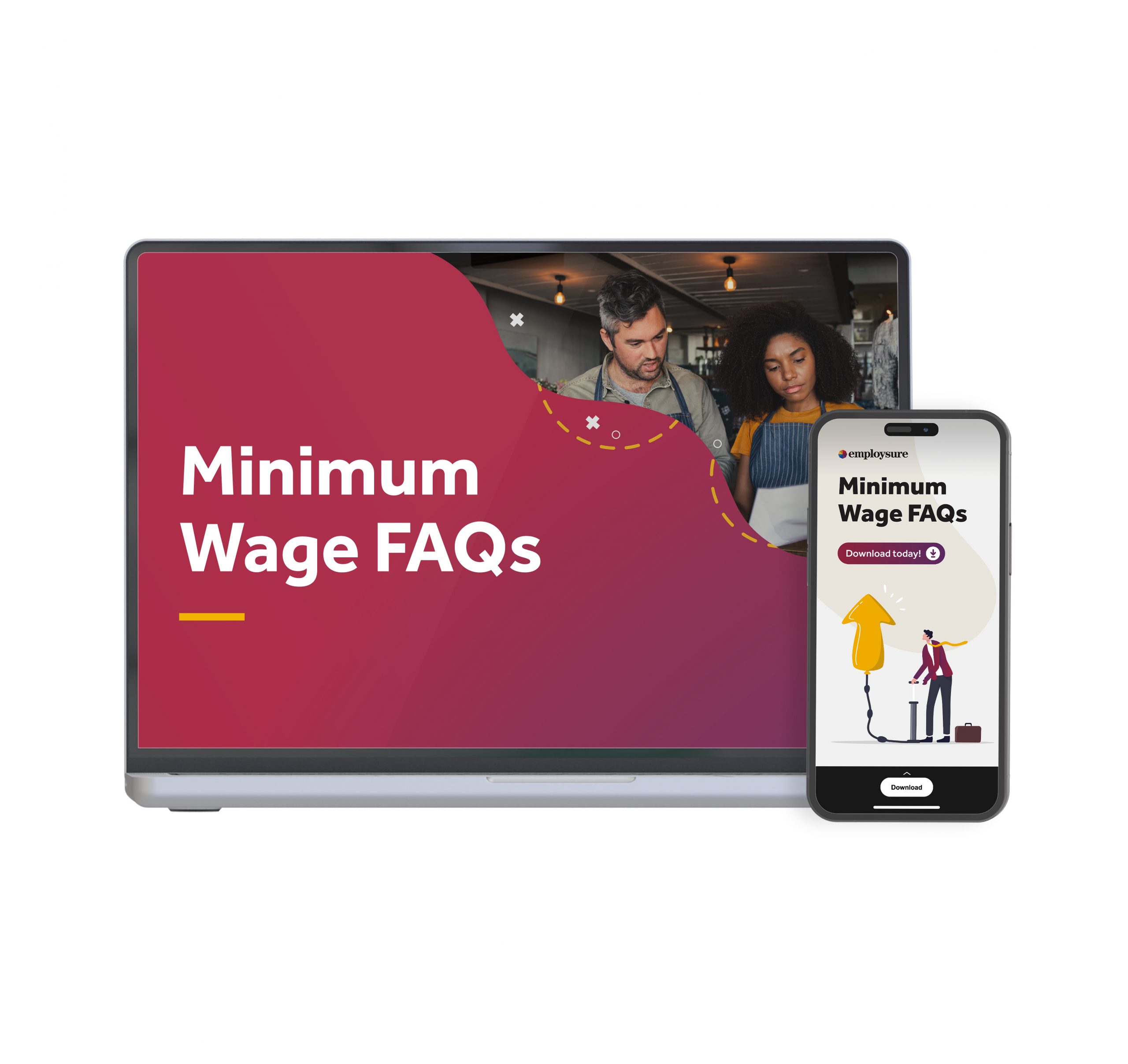

A healthy, functional employment relationship is always built around a clear understanding of what is expected from an employer and employee. Individual employment agreements can achieve exactly this; helping both parties understand exactly what’s expected of them and what they’re entitled to in return.
A well-written agreement means misunderstandings are less likely to occur. If a problem does arise, then the employee and employer can refer to the employment agreement to clarify the issue.
As its name suggests, an individual employment agreement covers one employee and one employer. They can be used when:
✔ There’s no collective agreement that covers the employee’s job, or
✔ There is a collective agreement, but the employee is not a member of the relevant union and doesn’t want to join it.
Individual employment agreements are used for full-time, part-time and casual staff, and are negotiated by the employer and employee. The terms and conditions of employment should be discussed, agreed upon and then inserted into the employment agreement before the employee starts work.
An individual employment agreement should always be signed by the employee and the employer, showing that both parties agree with it.
If an employee isn’t happy with something in a proposed employment agreement, they should tell their employer as soon as possible and try to find a resolution to the issue.
Crucially, individual employment agreements are more than just a ‘nice to have’. In most cases, having agreements in place for permanent employees is a legal obligation.
Failure to create an individual employment agreement and give the employee a copy in writing may result in a fine of $1,000 per occasion.
An individual employment agreement must be made in writing. It can contain any clauses that an employer and employee have agreed on.
However, the employment agreement must include at least the following terms:

Minimum Wage increased on 1 April. Is your business ready?
As a business owner or employer, you may have questions about the latest wage increase and what it means for you. We have created FAQs to help you prepare your business.
Beyond the compulsory clauses outlined above, additional terms can be agreed on to suit the needs of the organisation and the employee. Other common clauses include:
An individual employment agreement cannot include any terms that are inconsistent with the Minimum Employment Rights or any other employment law legislation (unless they are better for the employee).
If an employer breaches any legal requirements for an individual employment agreement, the employee or a labour inspector can file a claim with the Employment Relations Authority. This can result in the employer paying a financial penalty.
An employment contract can be terminated by either the employee (i.e, through a resignation) or the employer.
Regardless of what leads to the termination, the correct procedure must be followed. This ensures the process is fair and carried out in accordance with proper workplace procedures. Depending on the circumstances, if an employee is dismissed or resigns, they may be entitled to a set period of notice. They must also be given their final payment which includes any entitlements owed to them, such as accrued but untaken annual leave.
Make sure you clearly outline the terms relating to ending employment in your employment agreement and employee handbook.
If you own a Kiwi business and have any questions about employment agreements, call Peninsula’s FREE Advice Line on 0800 568 012.